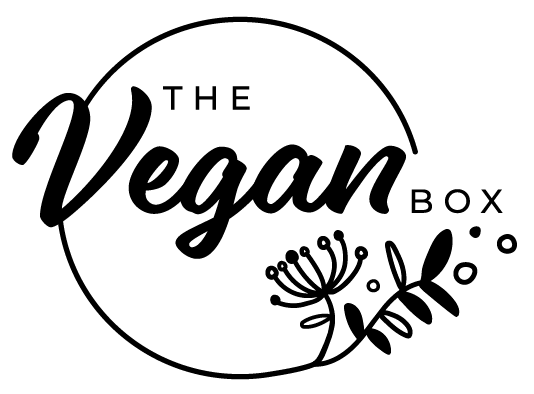There is a long history of the commodification of women in the animal rights movement.
PETA have repeatedly sexualised animal activism in a bid to consistently grab headlines and semi-vegan cosmetics company LUSH have created controversy around the use of the female body to draw attention to the issue of animal testing.
We know that ‘sex sells’ — it’s a tried and true marketing technique. But I don’t view veganism as a lifestyle choice that you buy into; I view it as an awakening.
And even if we were trying to ‘sell’ veganism as a lifestyle, when is it okay to objectify women in order to sell anything? I am super helpful today so here’s your answer: never. The answer is never.
It is never okay to objectify women; to commodify them for the purpose of attracting attention to the plight of animals; to emulate acts of violence on them to make a point about animal abuse or to use their form to sell a product or compel someone to change their worldview.
PETA have been using nudity to garner mainstream attention since the early 1990s launch of their Rather Go Naked Than Wear Fur campaign. The campaign has disproportionately featured young, fit and attractive women and hot female celebrities.
As vegans or vegans-to-be aren’t we more interested in the size of someone’s heart or the depth of their compassion than the quality of their tits and arse? As a movement aren’t we about so much more than the superficial whims of a horny internet trawler who is unlikely to reconsider his bacon sandwich on account of perving at Pamela Anderson’s boobs?
Animal Liberation Victoria also routinely use attractive, naked or semi-naked women in their animal abuse demonstrations and alarmingly this is often intersected with violent imagery. A few years ago LUSH launched a campaign to end animal testing with a male actor re-enacting graphic scenes of torture on a woman in a nude bodysuit for ten hours in their store window.
Beyond the sexual objectification of women in both of these instances, we also need to consider the danger of perpetuating a media arena where the vulnerable social position of women is exploited. We live in a society in which violence against women is common, normalised and even eroticised. As a social justice movement how can we justify stunts that may be contributing to the normalisation of problems (sexism and misogyny) being fought by another social justice movement?
Even when the participants give consent to be involved in the stunt, the damage reaches beyond their personal choice.
In their Joint Statement by a Group of Abolitionist Vegan Feminists for International Women’s Day, ten abolitionist vegan feminists say it perfectly:
“
I ask you this: how can we possibly fight the exploitation of non-human animals with the exploitation of human animals?




